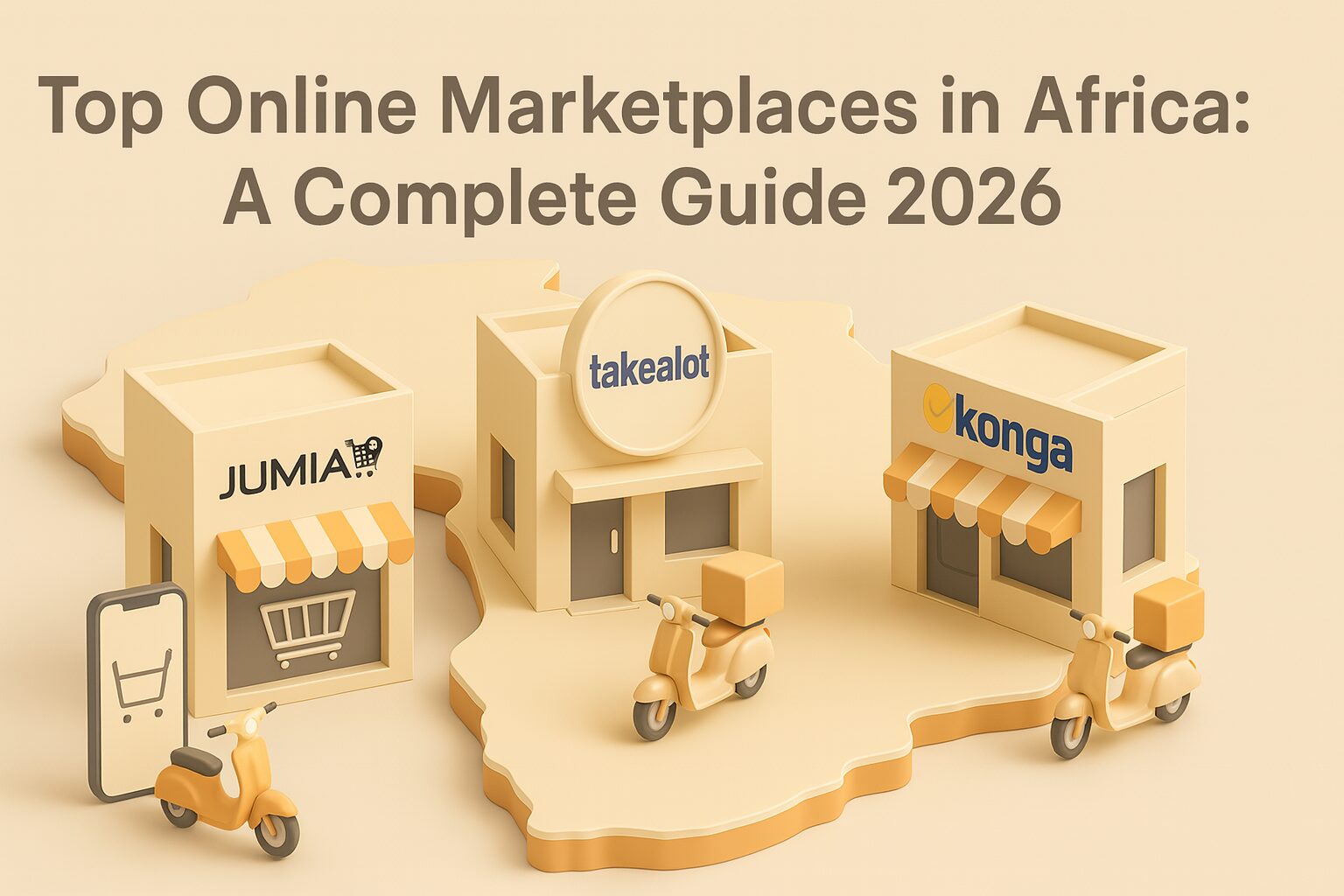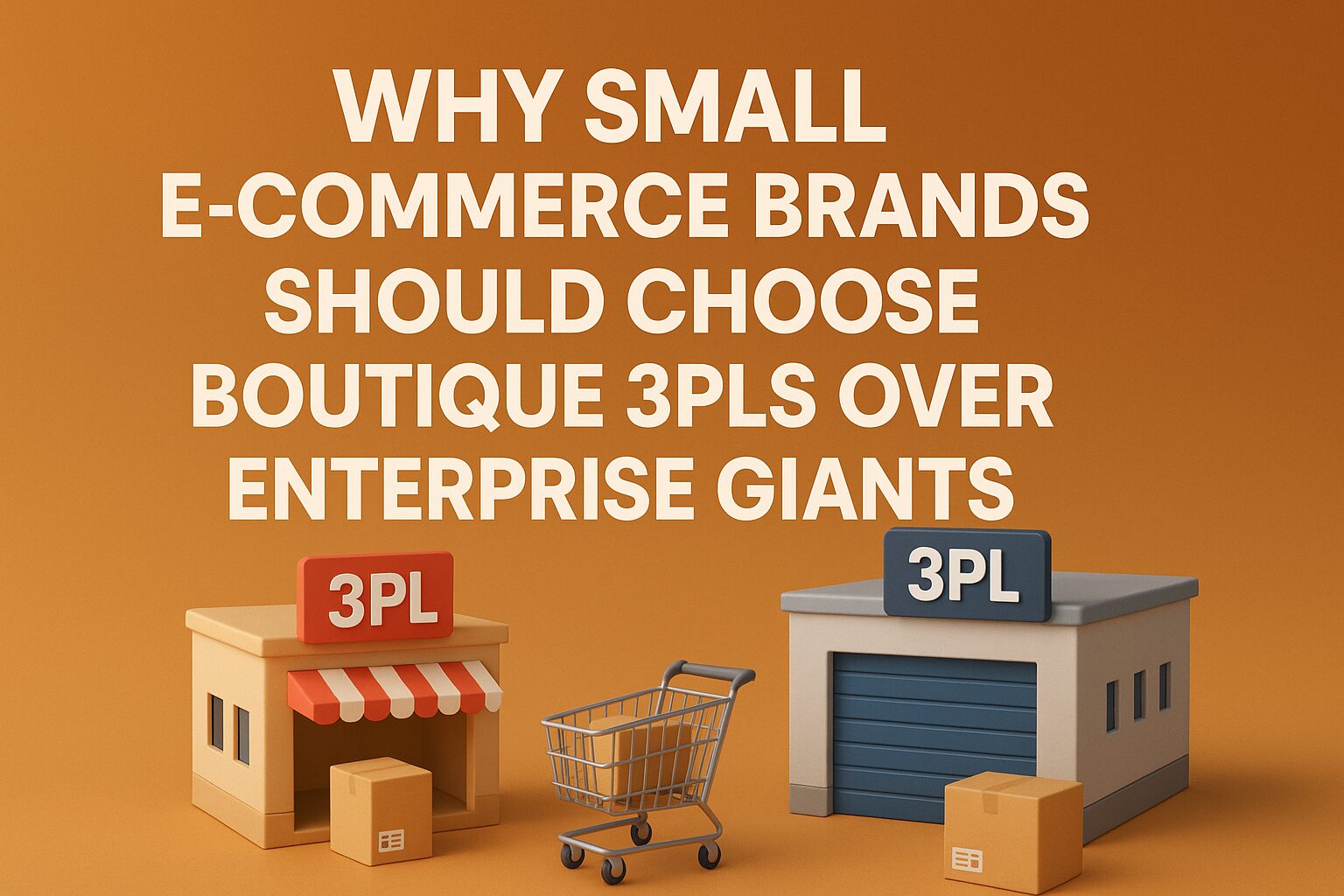What is the meaning of Zero-Click Search?
A zero-click search refers to a search engine results page (SERP) outcome where the user’s query is answered immediately—without requiring them to click on any of the links. This happens when the search engine, typically Google, displays the answer directly in the form of a featured snippet, knowledge panel, calculator, weather box, or similar format. For example, if someone searches “best wireless headphones 2024,” they might see a list of top models with brief descriptions and ratings right on the search page. While this enhances the user experience by offering instant answers, it often results in reduced traffic to the source websites, since users no longer need to visit them for information.
Why do zero-click searches matter for businesses and marketers?
Zero-click searches are highly significant because they change how users interact with search results. For content creators, businesses, and digital marketers, the goal used to be driving traffic through organic search results. However, with zero-click results, that traffic may decline even if the website ranks highly. On the positive side, being featured in a zero-click result (like a snippet or quick answer box) increases brand visibility and positions the source as an authority on the topic. Companies need to optimize content differently to ensure their information is chosen by Google for direct display.
When do zero-click searches typically occur?
Zero-click searches are most common with queries that have a direct, factual, or easily summarized answer. Typical categories include:
- Definitions and simple explanations (e.g., “What is inflation?”)
- How-to instructions and lists
- Calculations and unit conversions (e.g., “100 USD to EUR”)
- Weather, time, or location-based queries
- Comparisons and best-of lists (e.g., “top smartphones 2024”)
These queries prompt Google to generate instant answers using structured data, scraping trusted sites, or displaying pre-aggregated content.
How do zero-click searches impact SEO strategies?
Zero-click searches are shifting SEO priorities from traditional traffic generation to **SERP presence and content optimization**. Businesses are increasingly focusing on:
- Structuring content to target featured snippets
- Adding schema markup for rich results
- Answering key questions clearly and concisely at the top of content
- Building authority so that their data is trusted by search engines
While this might reduce website visits, it increases a brand’s chances of being seen and remembered—especially if the brand name appears in the snippet or image attribution.
What are the benefits and drawbacks of zero-click searches?
Benefits:
- Faster user experience—answers delivered instantly
- Greater visibility for brands featured in snippets or panels
- Improved mobile experience by minimizing navigation
Drawbacks:
- Loss of organic traffic to content creators
- Harder to track engagement and conversions
- Reduced opportunity for ad revenue and lead generation
Publishers must rethink how they provide value in content—often optimizing for awareness rather than just clicks.
Can you give an example of a zero-click search in action?
Let’s say a user types “capital of Kenya” into Google. Without clicking a single link, the search engine displays “Nairobi” in a bolded box at the top of the page, often accompanied by a map or a short paragraph from Wikipedia. Similarly, typing “How to boil eggs” might produce a step-by-step cooking method in a featured snippet. Although the user never visits the recipe website, the original source is often credited underneath, offering subtle visibility for the brand.



